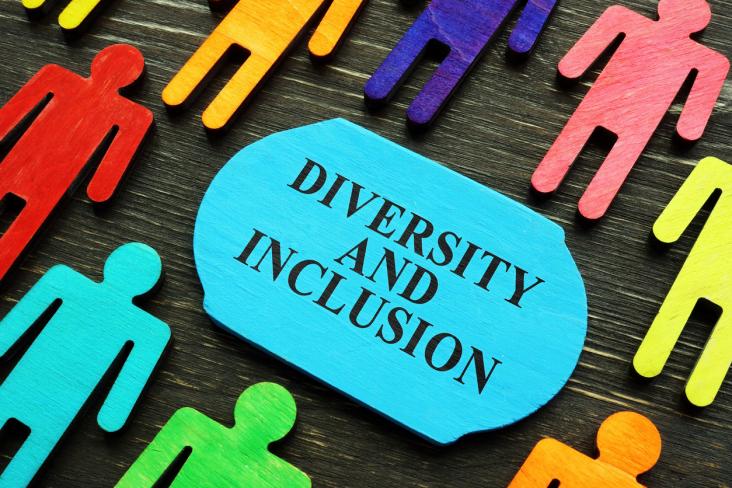
The United States Supreme Court's landmark decision to strike down race-based admissions programs in higher education has far-reaching implications which also extend to the workplace. This article discusses ways this ruling may affect corporate diversity, equity and inclusion (DEI) program and also embolden some states to take further aim at DEI initiatives, and in so doing promote SDGs 5, 8 and 10.

This article describes the effects of climate and environmental change on viticulture in heroic & steep slope settings
This article advances SDG # 3, 8, 10, 13 and 16. The study from authors in Ghana detail the effects of climate change on workers’ health and productivity, especially those in lower income jobs and without policy or regulatory protections. It demonstrates that climate change affects both health and ability to work, with potentially serious humanitarian and economic consequences.
“From electric vehicles to lifesaving drugs, clean and green tech, to AI and digital technologies – IP can be the vehicle to turn bold new ideas into real world impact” said World Intellectual Property Organisation (WIPO) Director General Daren Tang in a video address to mark World IP Day 2024. This paper proposes a responsible intellectual property (IP) strategy (R-IPS) framework based on five exploratory case studies of sustainable companies in energy, nutrition, consumer electronics, manufacturing and water treatment sectors. These companies responsibly use IP assets to create positive social and environmental impact (or reduce negative impact), and unlock new opportunities for financial (economic) gains.

With AI-driven labor market transformations being affected by economic troubles and other factors, this article explores the strategies leaders are using to help workers navigate these changes. Specifically, leaders are stepping up investing in at least four strategies to prepare workers for the prevailing disruption and empower them to successfully navigate the change while ensuring healthy work cultures and compelling work opportunities for all.
Looking at creative arts therapy to alleviate burnout among healthcare professionals.
This study fills different methodological gaps in the research on the automated detection of stress in office environments
Enormous amounts of agri-food waste are generated in the open market, especially in sub-Saharan African cities. This work reports the system optimisation of the management of these open-market food wastes for producing bioenergy and value-added materials and also evaluates the environmental impacts of the selected waste processing routes. It supports decision-making on the management of food waste in developing countries furthering SDG 7, 8 &13.
Our research explores how Stakeholder Capitalism can contribute to global governance to achieve all the 17 SDGs. The main findings revealed that Stakeholder Capitalism and its principles are favorable to foster a friendly environment for achieving most of the SDGs and can contribute to global governance in achieving mainly the SDGs 8, 9, and 17. However, Stakeholder Capitalism literature is incipient for the SDGs 6, 14, and 15, needing further research development by considering non-human stakeholders and the environment.
We observe the link between Artificial Intelligence (AI) and Sustainable Development Goals (SDGs). We use automated methodologies to find insights and overlaps between AI and the SDGs. AI-Ethics frameworks need to give more attention to Society and Environment areas. Inclusive action is needed to balance the efforts for solving SDGs by using AI.SDGs 13, 14, and 15 (all related to the Environment area) are not sufficiently addressed.
